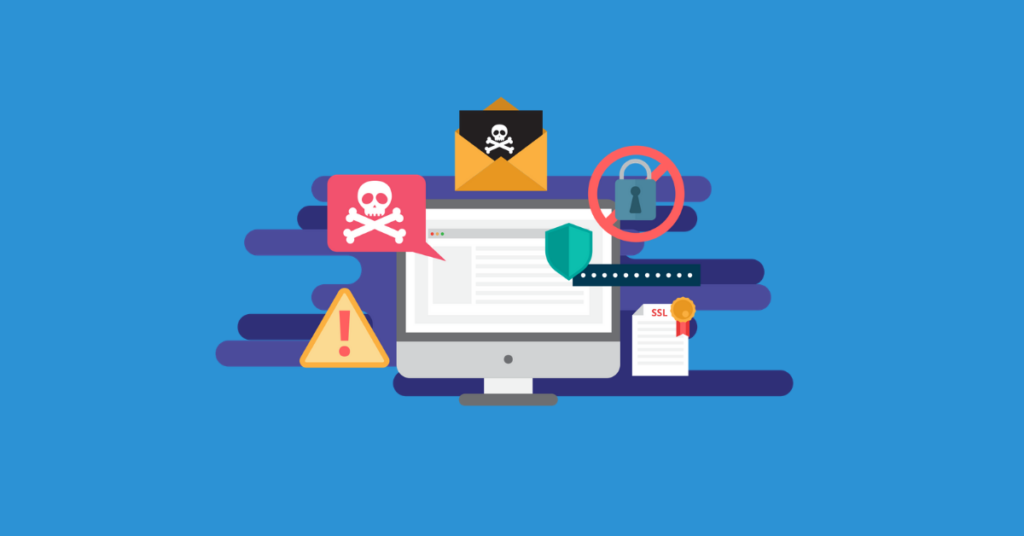To researchers working in the academic field, accessibility to data is paramount as they rely on vast quantities of data to validate hypotheses, compare studies, and draw new insights that power future innovation.
However, this data often resides behind paywalls, region-locked databases, or is subjected to IP-based restrictions, making it challenging for scientists to gather data from comprehensive and diverse sources. Accessing these information sources is paramount for advancing our society’s knowledge and fostering future innovation. That is why researchers turn to anonymity tools, like static residential proxies, which provide a variety of ways that previously inaccessible information becomes available to study, analyze, and draw conclusions.
This article aims to explore what static residential proxies are and what kinds of avenues they open for researchers.
Understanding Static Residential Proxies
A proxy is just a middleman between your computer and the internet. You ask the website for information, but instead of asking it directly, your request goes to the proxy server, which asks the website what you want and then sends you back the information. The genuine user’s identity (your IP address) stays hidden. This provides anonymity while allowing you to appear as a user of a different region, bypassing region-blocking. A static residential proxy acts in the same way. However, it does offer an additional benefit. A regular proxy server would pick from a pool of random IP addresses. Static residential proxies assign you a genuine IP address that uses an authentic home address and never changes, making it seem like someone is at home browsing, helping the user get around some restrictions.
Applications of Proxies in Research
Proxy servers allow researchers to gather data from different geographical regions. The benefits of accessing data that stems from assorted locales are vast. Researchers can get more data. Of course, the more data is analyzed, the more accurate the results. However, it does not end there. Researchers can collect more diverse and unbiased data using proxies and appearing as different users. How so? Well, many websites have algorithms that quickly pick up on your browsing habits, this is especially true for social media platforms and e-commerce stores. Whenever you are picked up by an algorithm, the data gathered is prone to be biased and incomplete. The fastest way to “reset” your algorithm is to become a different user and start from scratch.
And that’s not all. Let’s say you are a political scientist who wants to research the political campaigns of opposing parties in a chosen country. Ordinarily, this could pose problems, such as incomplete or inaccurate data. This stems from the fact that algorithms will show different content to users originating from varied countries. Researchers can bypass this issue, ensuring that the content they see is exactly what their research requires by employing static residential proxies. Additionally, academics can manipulate algorithms by employing multi-accounting to gather niche data. Multi-accounting is most commonly known as a strategy used by companies and influencers seeking to boost their social media presence by crafting tailored content for their specific audiences. However, its uses are not limited to profitable ventures. For example, scientists can have one account seeing content that’s meant for one political side and another account for another. This is a phenomenal way of researching how political campaigns are done online. It’s a great way of analyzing algorithms themselves, too. For example, seeing if a website prefers one side over the other, despite the user preferring one side, or seeing if algorithms exacerbate the divide and create echo chambers by only showing people one side’s point of view. Use of multiple accounts by a single user is often discouraged by social media platforms, users can get banned, flagged, or suspended. This is perhaps the best use case for proxy servers, as they best mimic how a genuine, unique user would look.
Another way proxies facilitate data collection is by using web scrapers. These instruments are like robots that simulate how humans browse to gather publicly available information that is then systematically stored or analyzed. Web scrapes can collect comprehensive data across different websites and platforms. The value of these tools is perhaps best exemplified when looking at social science research, where studying public opinion or customer behavior across various online forums and social media platforms can provide critical insights. Imagine a researcher analyzing public sentiment about an issue in X (Twitter). Collecting and going through thousands of posts would be extremely time-consuming, as well as prone to being incomplete, as no person can realistically collect every post on an issue. Despite how useful for researchers they are, web scrapers have to deal with barriers too. These tools can generate a lot of website traffic, that’s why they are prone to being blocked, and getting their IPs banned. That is why scrapers tend to use a proxy server that can continuously access websites using different IP addresses to avoid detection.
Conclusion
Anonymity tools, such as static residential proxies, have become irreplaceable for modern academic research, enabling scientists and students to overcome data accessibility challenges and conduct more comprehensive and unbiased studies. Academics expand their data sources significantly, mitigate algorithmic biases, and employ advanced automated data collection methods like web scraping with the help of these tools. This technological advancement not only opens up entirely new avenues of research but also fosters innovation across diverse fields of study. As an additional benefit, a static residential proxy provides added security and anonymity when browsing online.








1 thought on “Unlocking Data Diversity: The Role of Proxies in Academic Studies”